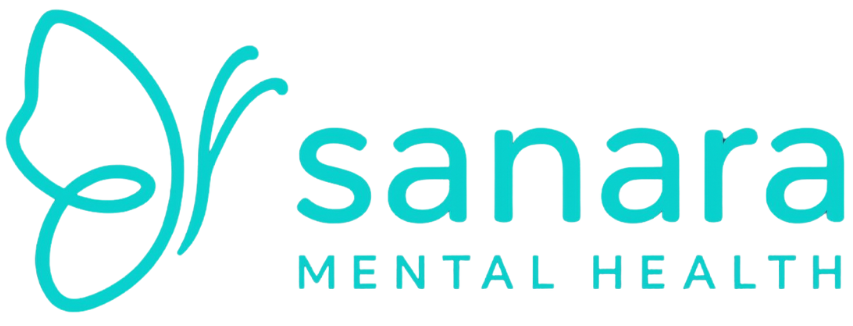
Timothy Tam, MS, LMFT, AAMFT Approved Supervisor
Pronouns: He/him/his
adult individuals, Couples, families
Philosophy of Care
Change isn’t easy, but seeking therapy is a powerful first step. You may already know what is not working in your life but feel unsure about what comes next. In therapy, we will explore and find what works for you. In our work together, we will discover new ways forward while also recognizing the strengths you already bring. I believe that acceptance opens the door to change, and my approach balances making healthy shifts with honoring who you are.
My style is collaborative, direct, and compassionate. I will walk alongside you as you take the lead, while offering guidance and perspective on the “blind spots” that may be holding you back. I draw from CBT, DBT, ACT, IFS, trauma-informed therapy, and other evidence-based approaches, tailoring each session to your unique needs. Together, we will work toward greater self-understanding, growth, and meaningful change.

Timothy Tam, MS, LMFT, AAMFT Approved Supervisor
Pronouns: He/him/his
adult individuals, Couples, families
Philosophy of Care
Change isn’t easy, but seeking therapy is a powerful first step. You may already know what is not working in your life but feel unsure about what comes next. In therapy, we will explore and find what works for you. In our work together, we will discover new ways forward while also recognizing the strengths you already bring. I believe that acceptance opens the door to change, and my approach balances making healthy shifts with honoring who you are.
My style is collaborative, direct, and compassionate. I will walk alongside you as you take the lead, while offering guidance and perspective on the “blind spots” that may be holding you back. I draw from CBT, DBT, ACT, IFS, trauma-informed therapy, and other evidence-based approaches, tailoring each session to your unique needs. Together, we will work toward greater self-understanding, growth, and meaningful change.
Education
Master of Science (MS) in Marriage and Family Therapy, Northwestern University
Bachelor of Arts (BA) in Psychology, University of Rochester
Licensure & Credentials
Licensed Marriage and Family Therapist (LMFT), Washington State
License #: LF60995078
Certifications & Professional Training
AAMFT Approved Supervisor
Specialties
Behavioral Issues
Bipolar Disorder
Borderline Personality
Career Counseling
Codependency
Coping Skills
Cross cultural relationships
Depression/Anxiety
Divorce
Family Conflict
Infidelity
Life Coaching
Life Transitions
LGBTQ+
Marital and Premarital
Parenting
Peer Relationships
Racial Identity
Relationship Issues
Shame and guilt
Self-Harming
Self Esteem
Suicidal Ideation
Trauma and PTSD
Treatments
Acceptance and Commitment (ACT)
AEDP
Attachment-based
Biofeedback
Clinical Supervision and Licensed Supervisors
Cognitive Behavioral (CBT)
Compassion Focused
Culturally Sensitive
Dialectical (DBT)
Emotionally Focused
Experiential Therapy
Exposure Response Prevention
Family Systems
Integrative
Internal Family Systems (IFS)
Multicultural
Narrative
Person-Centered
Strength-Based
Structural Family Therapy


Ready to Begin Your Journey?
Ready to Begin Your Journey?
Healing and clarity are possible -and it starts with one step.

2700 Richards Road
Suite 202
Bellevue, WA 98005
Generalized Anxiety Disorder (GAD)
GAD affects 6.8 million adults, or 3.1% of the U.S. population, yet only 43.2% are receiving treatment.
Women are twice as likely to be affected as men.
GAD often co-occurs with major depression.
Panic Disorder(PD)
PD affects 6 million adults, or 2.7% of the U.S. population.
Women are twice as likely to be affected as men.
Social Anxiety Disorder (SAD)
SAD affects 15 million adults, or 6.8% of the U.S. population.
SAD is equally common among men and women and typically begins around age 13.
According to a 2007 ADAA survey, 36% of people with social anxiety disorder report experiencing symptoms for 10 or more years before seeking help.
Specific Phobias
Specific phobias affect 19 million adults, or 8.7% of the U.S. population.
Women are twice as likely to be affected as men.
Symptoms typically begin in childhood; the average age-of-onset is 7 years old.
Treatment For Anxiety
Psychotherapy or “talk therapy” can help people with anxiety disorders. To be effective, psychotherapy must be directed at the person’s specific anxieties and tailored to his or her needs.

